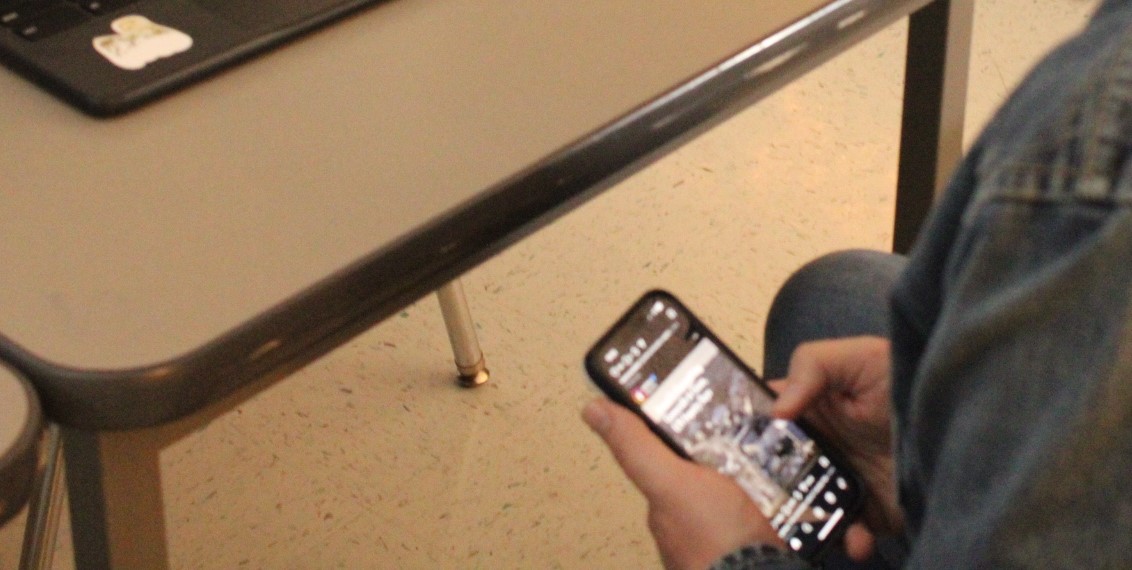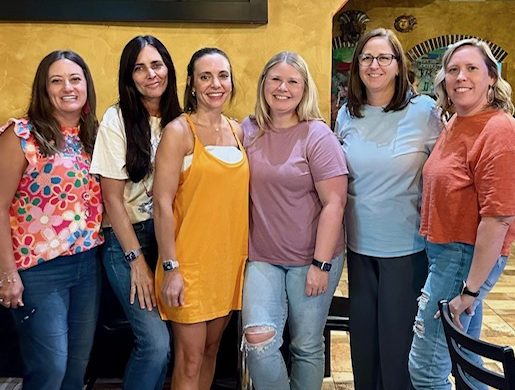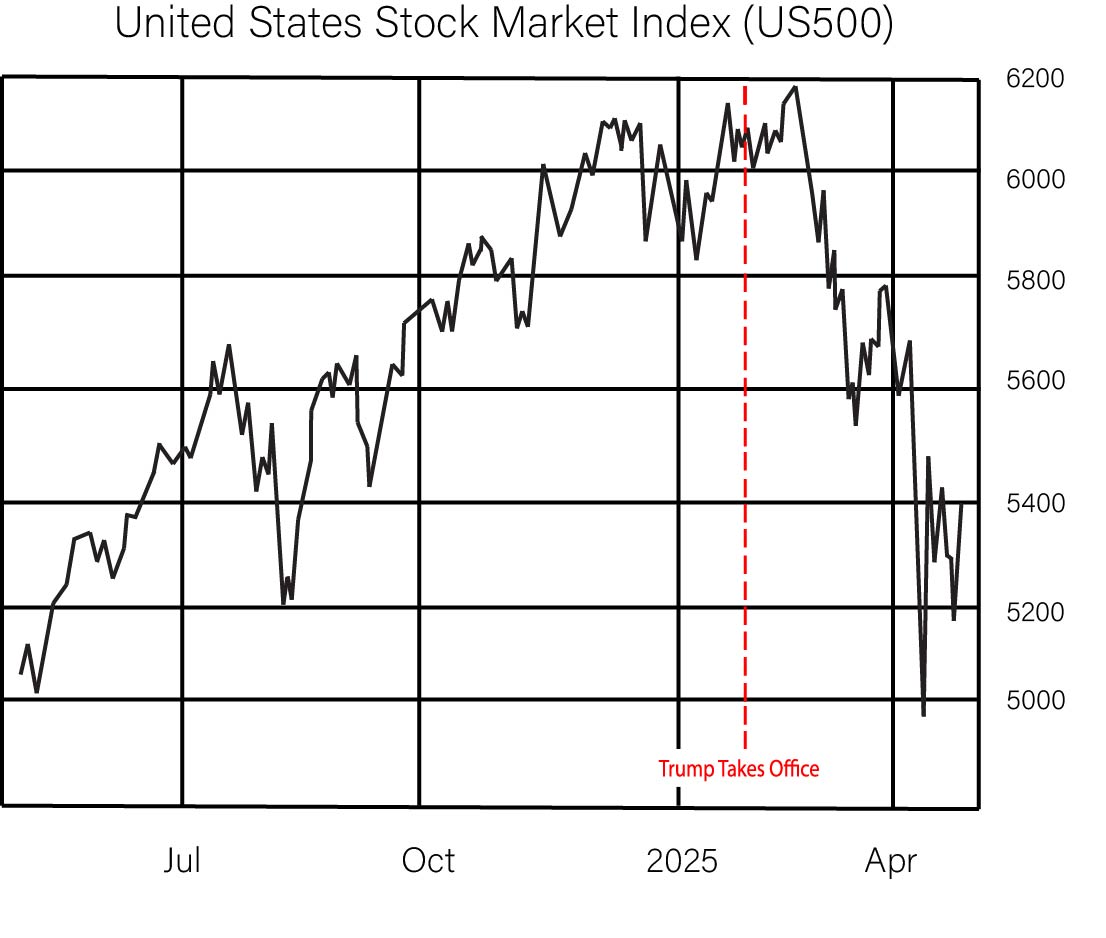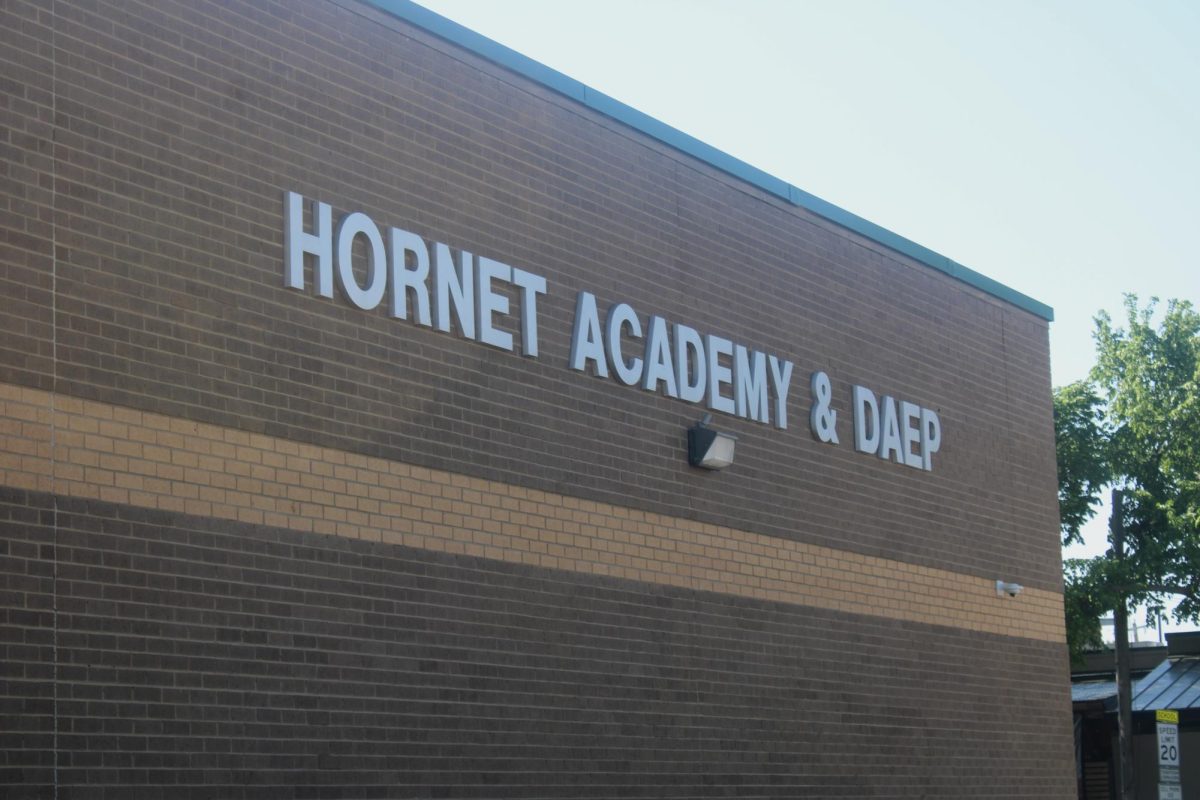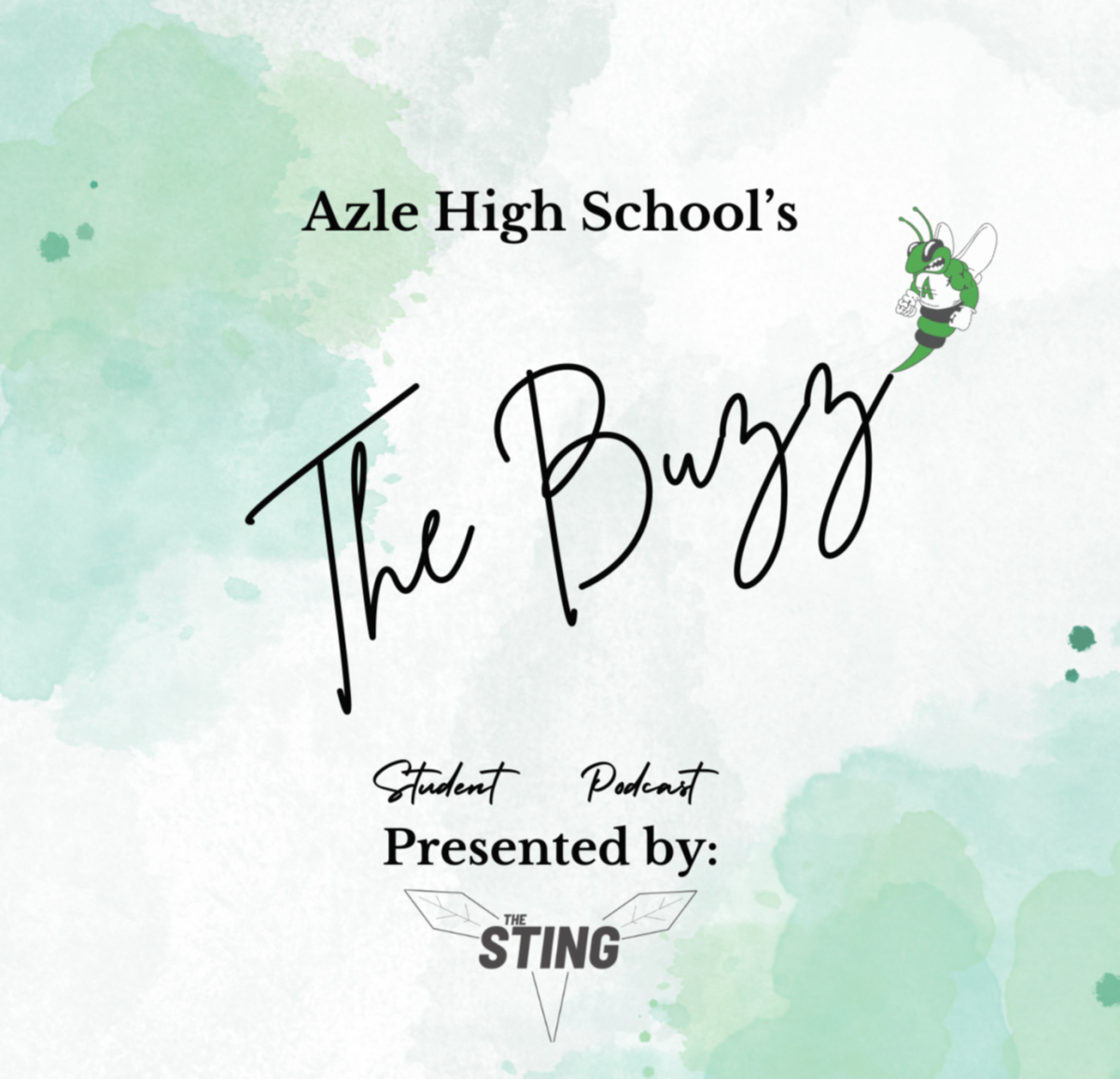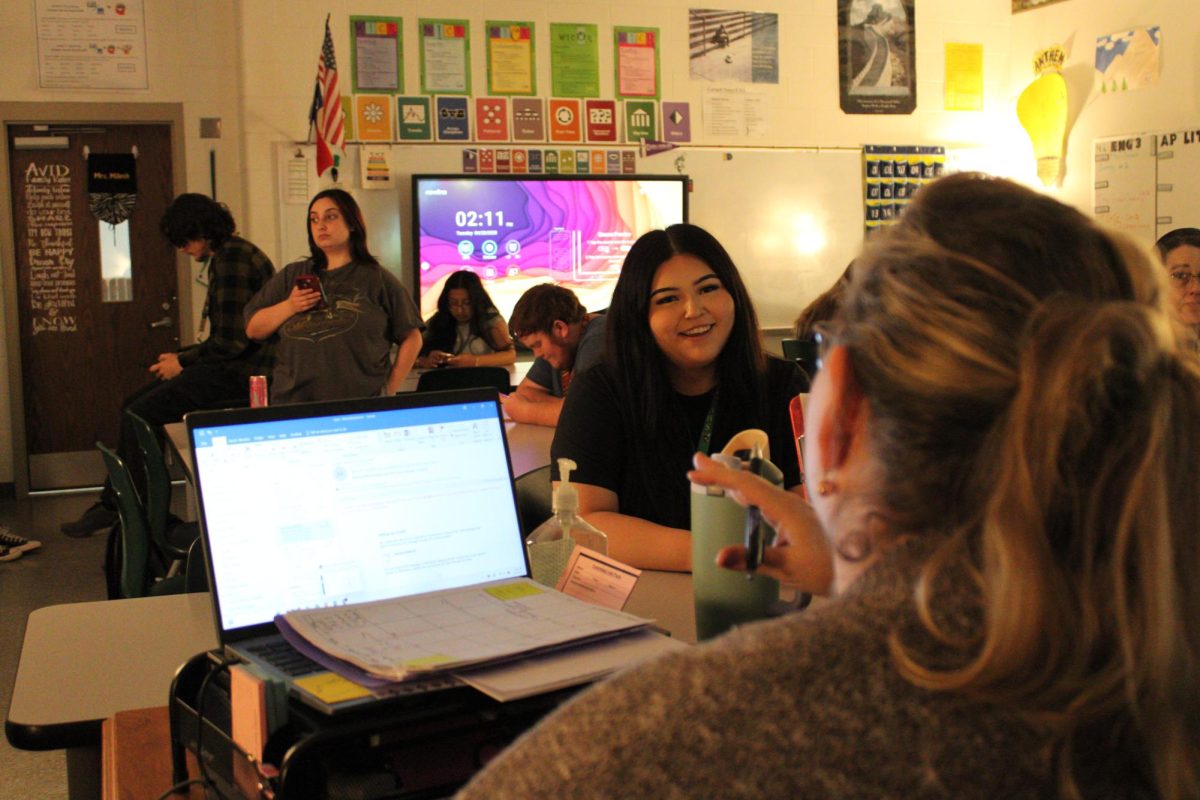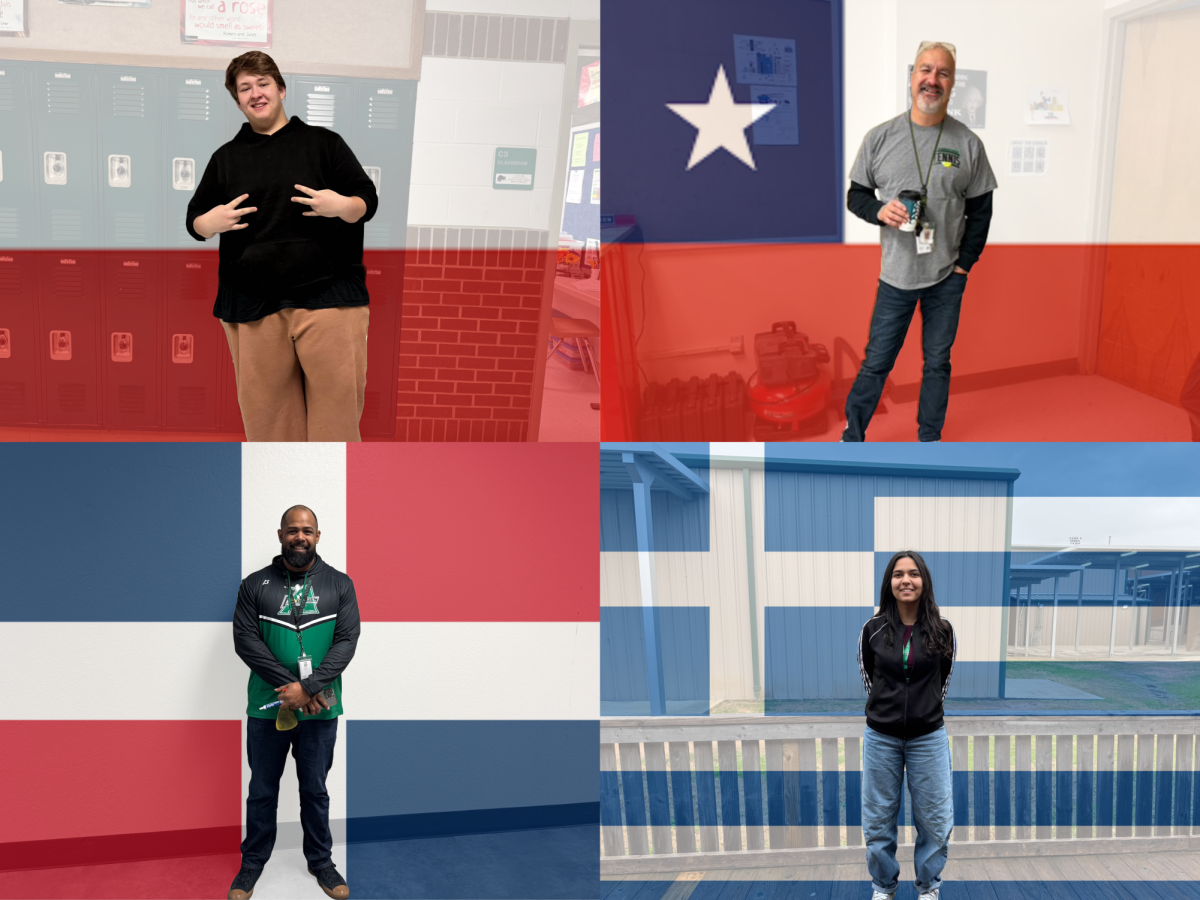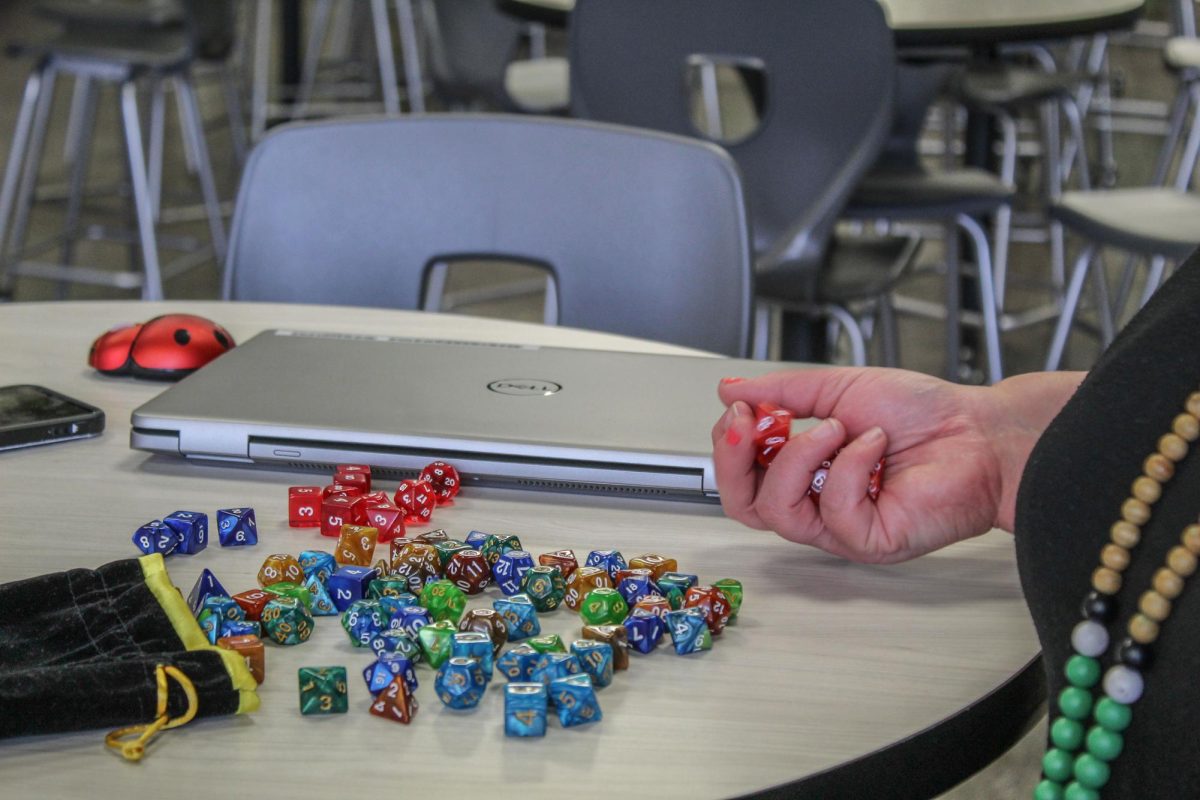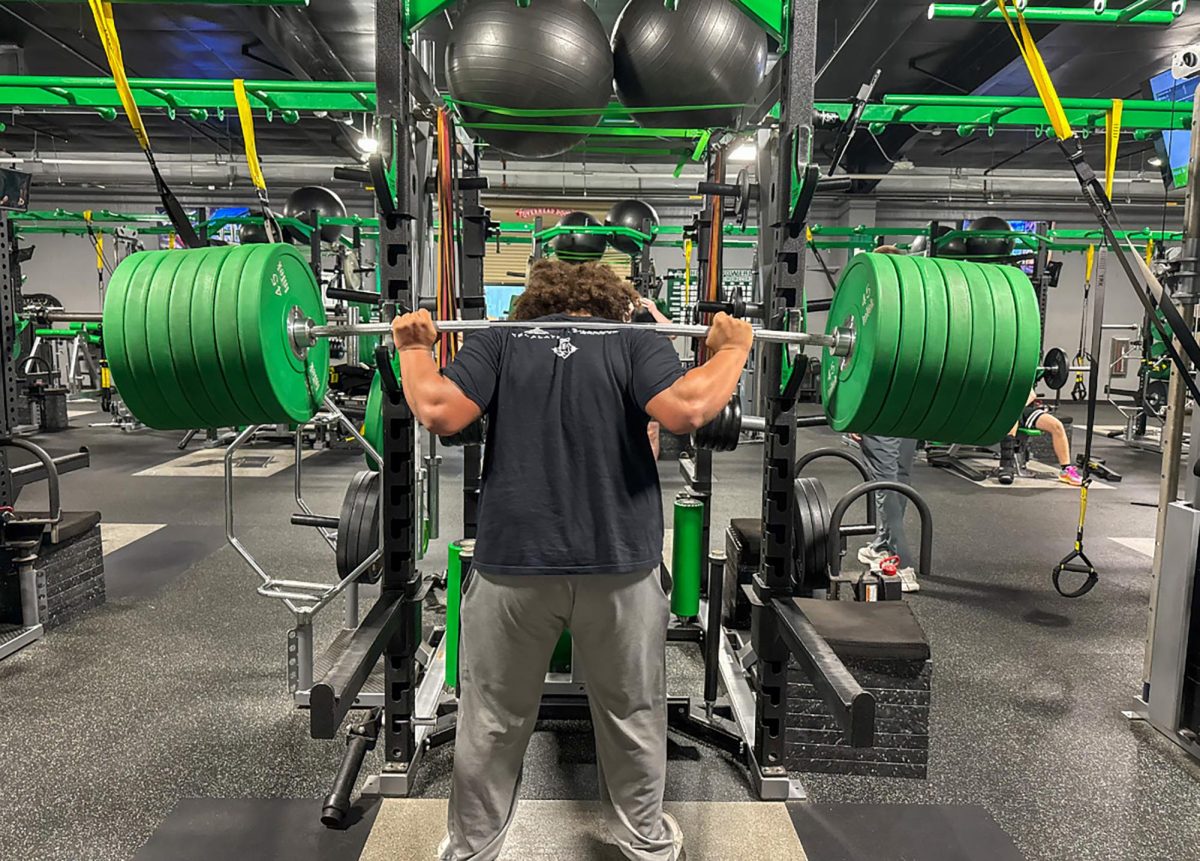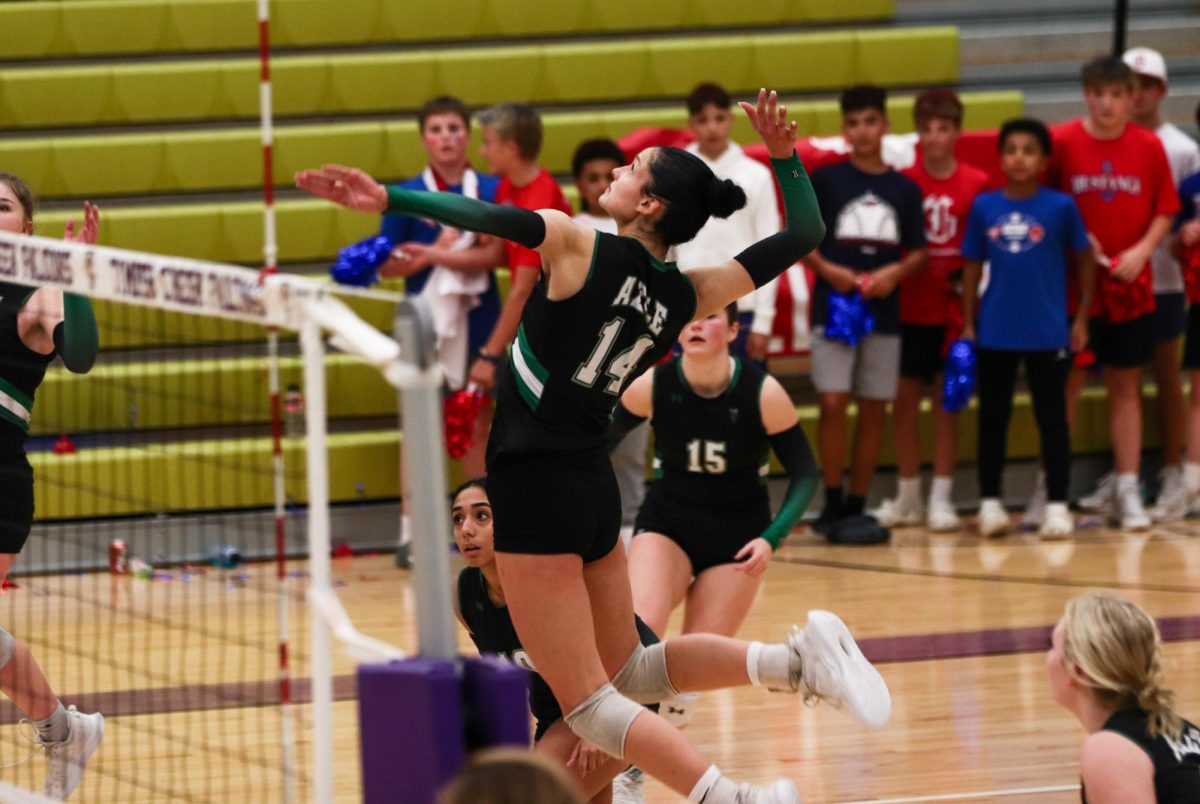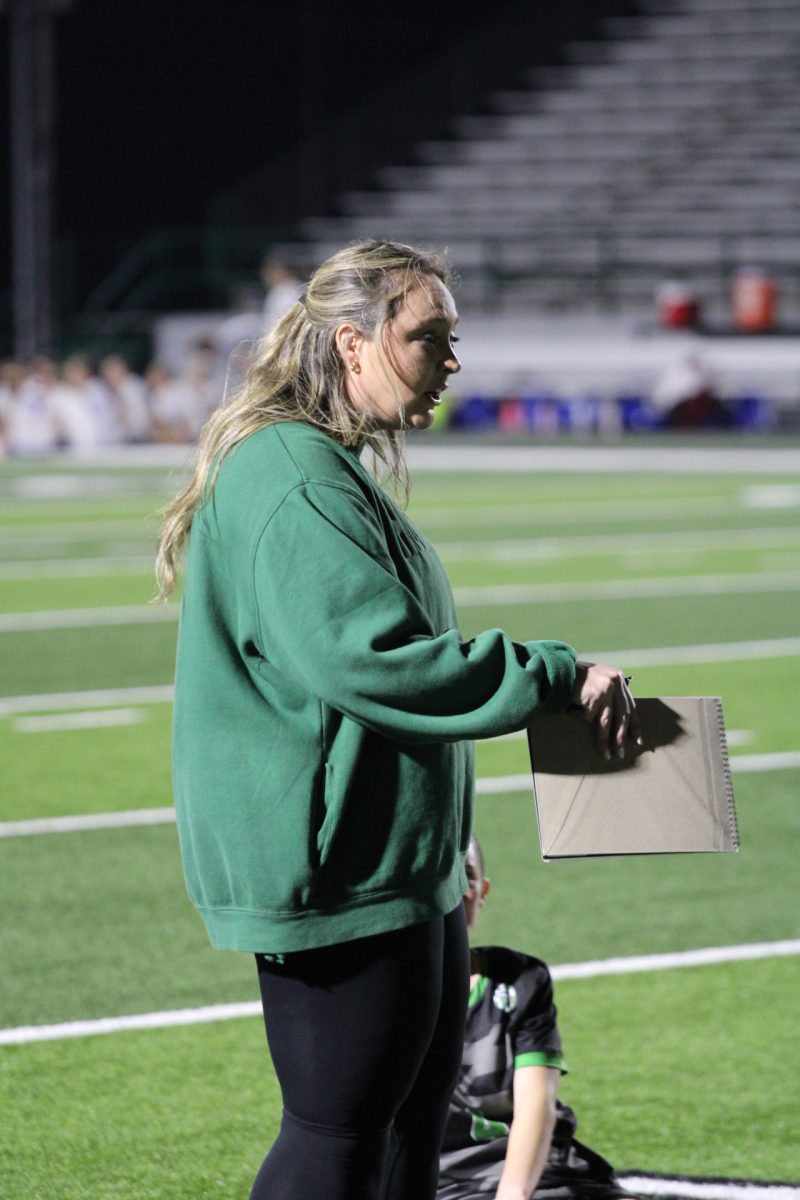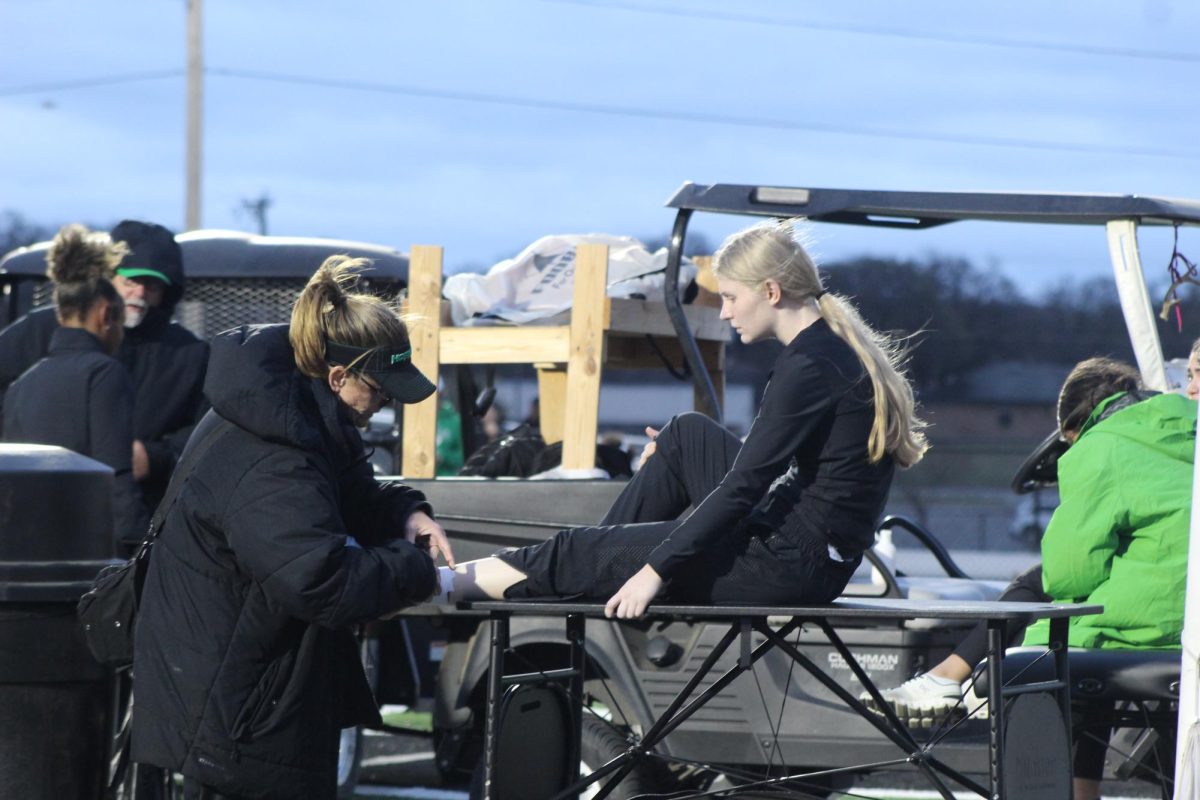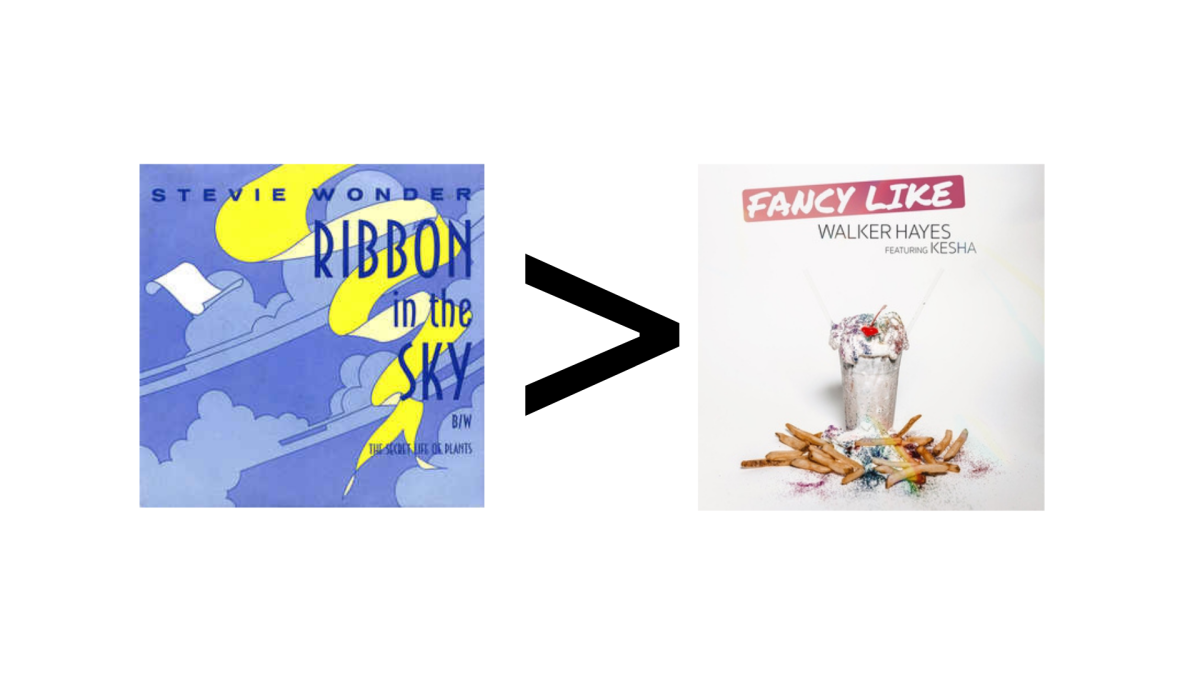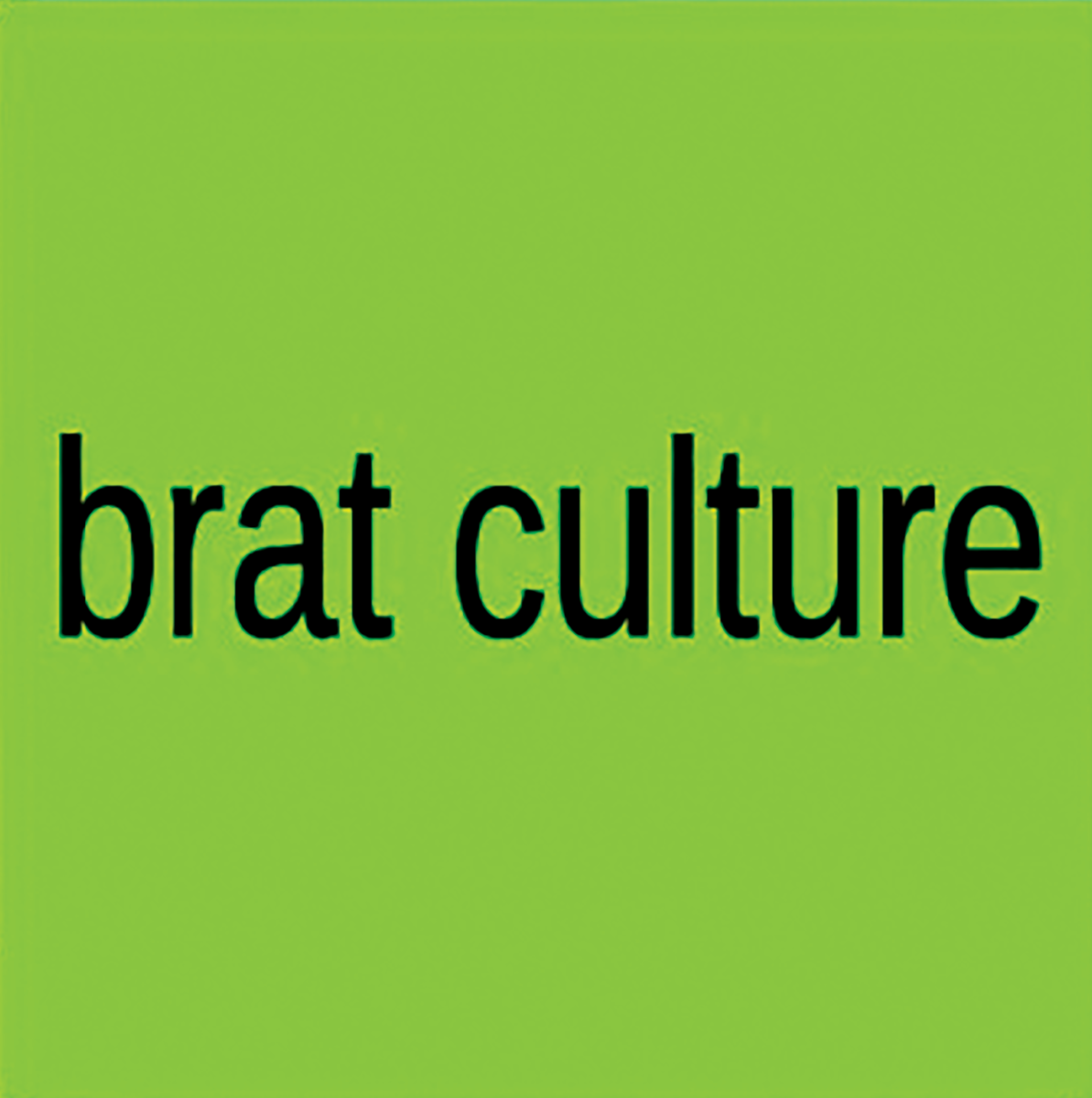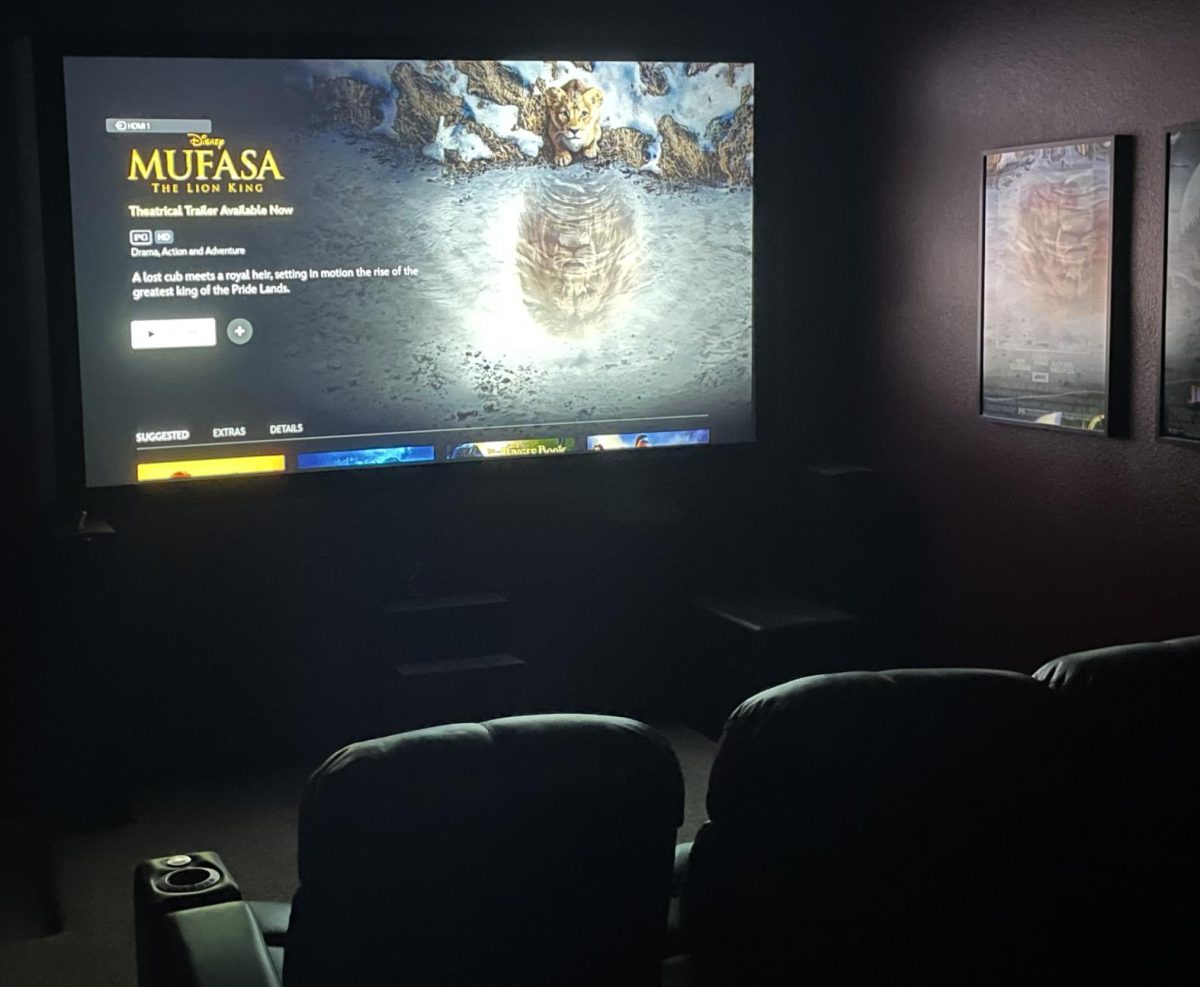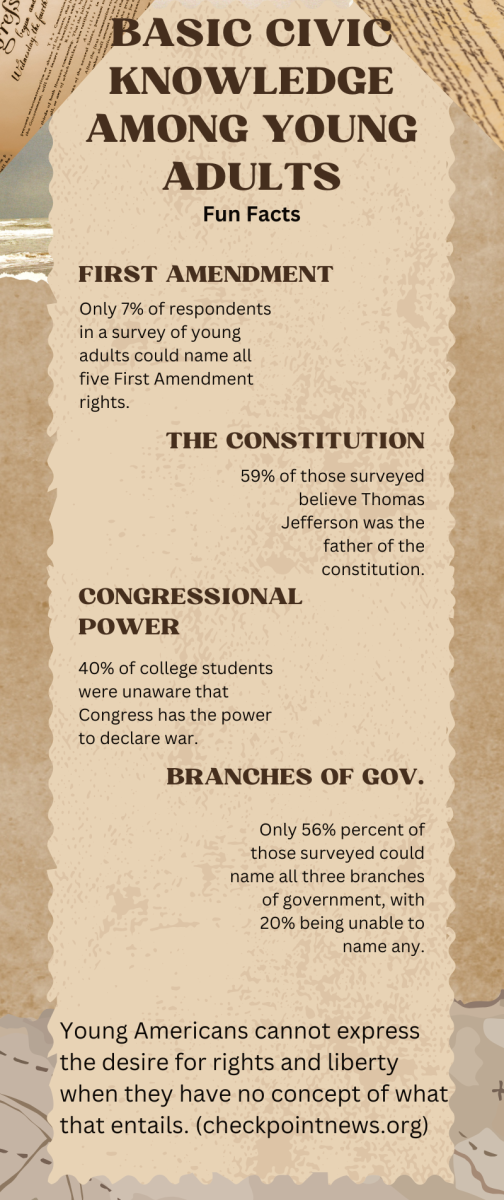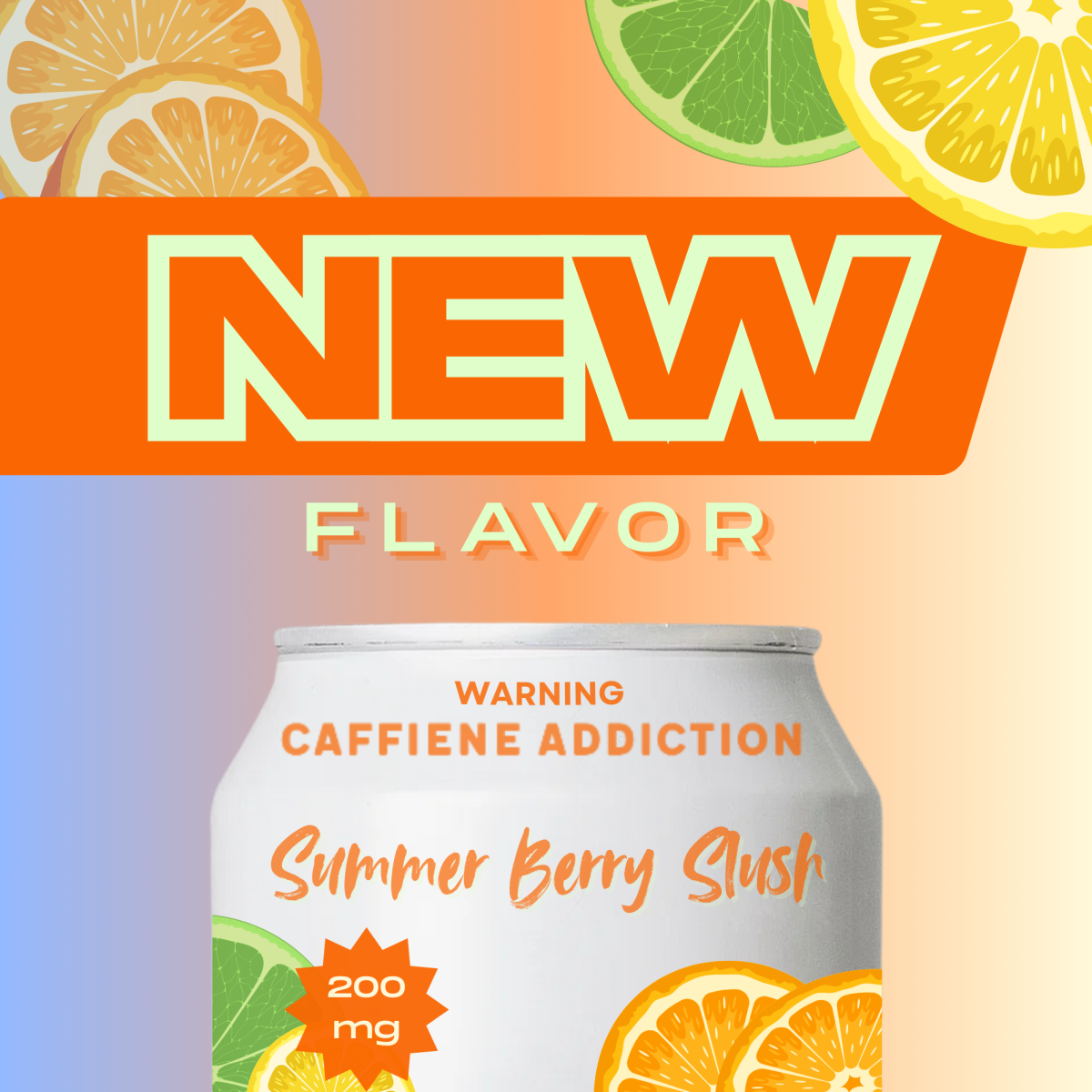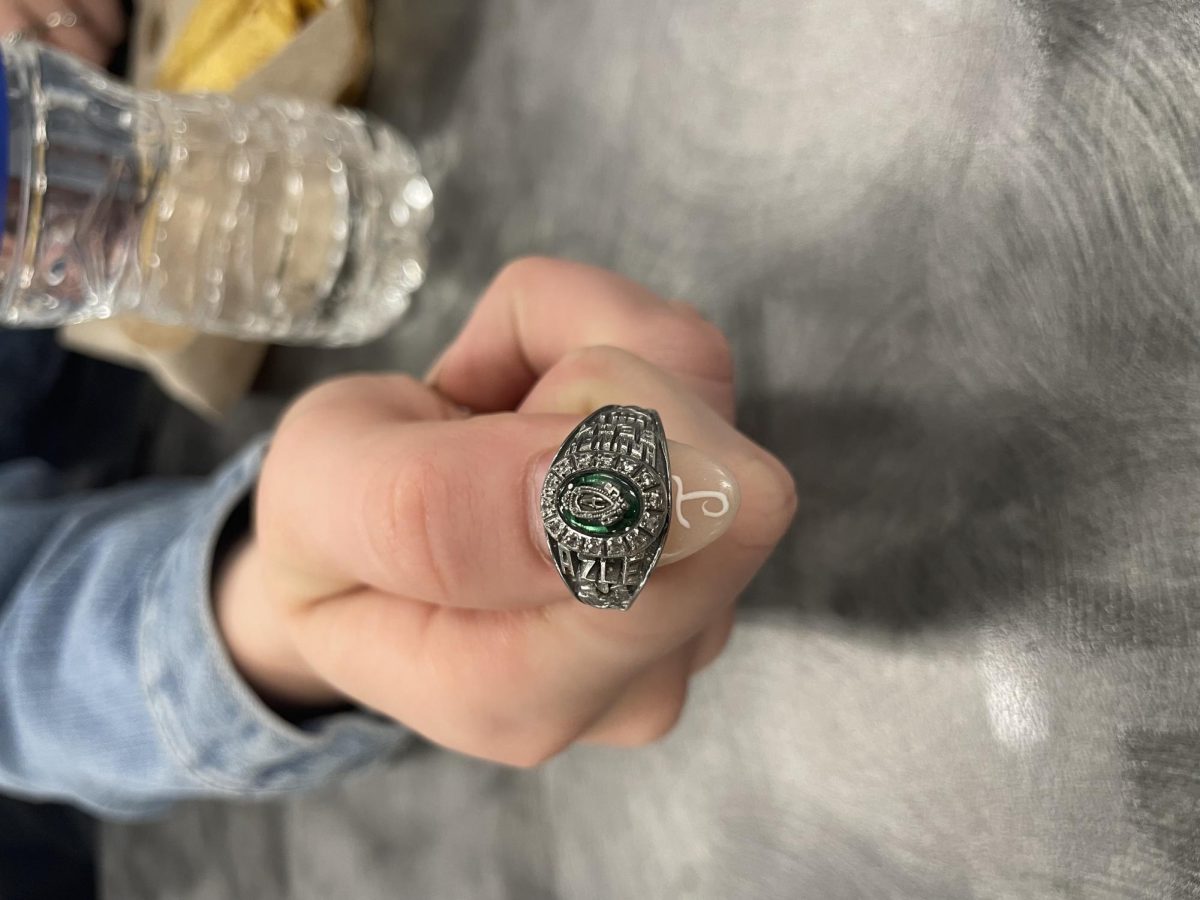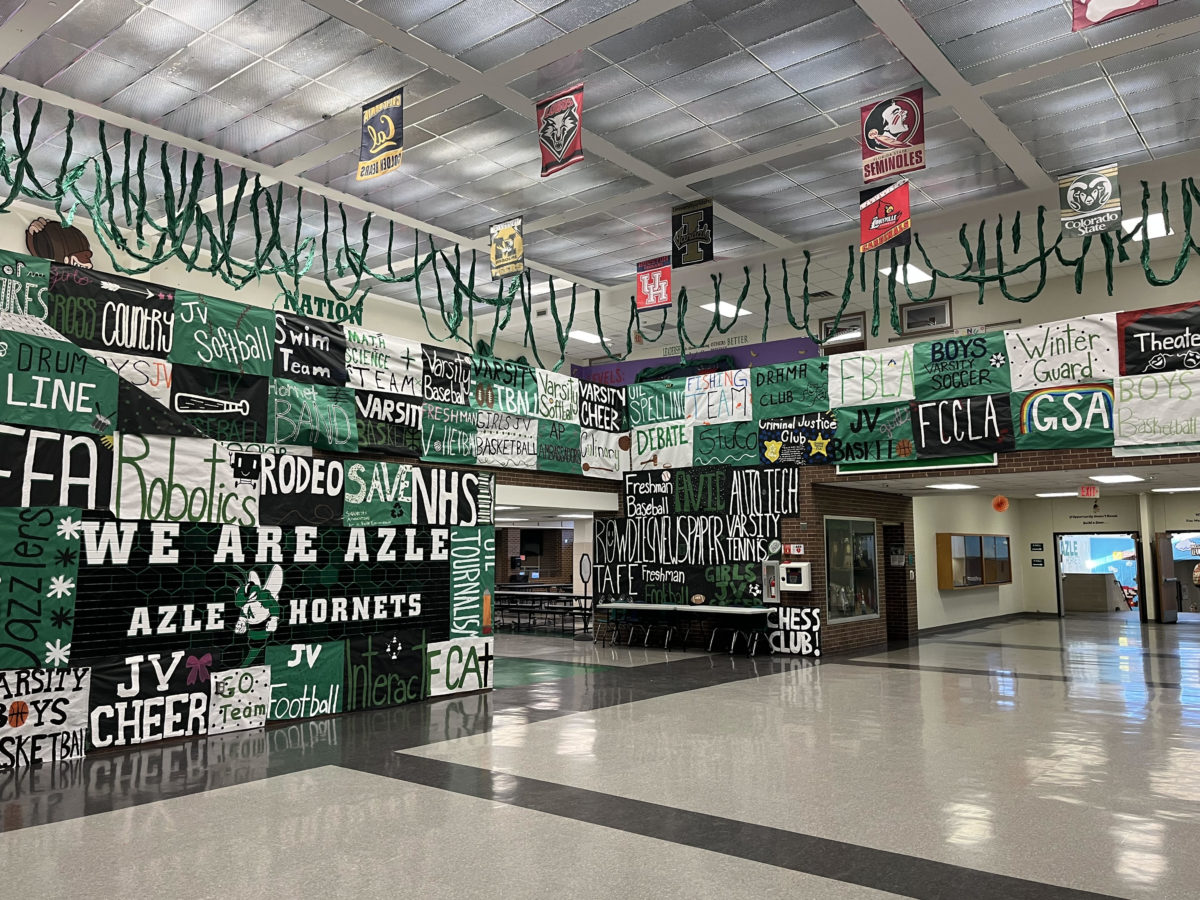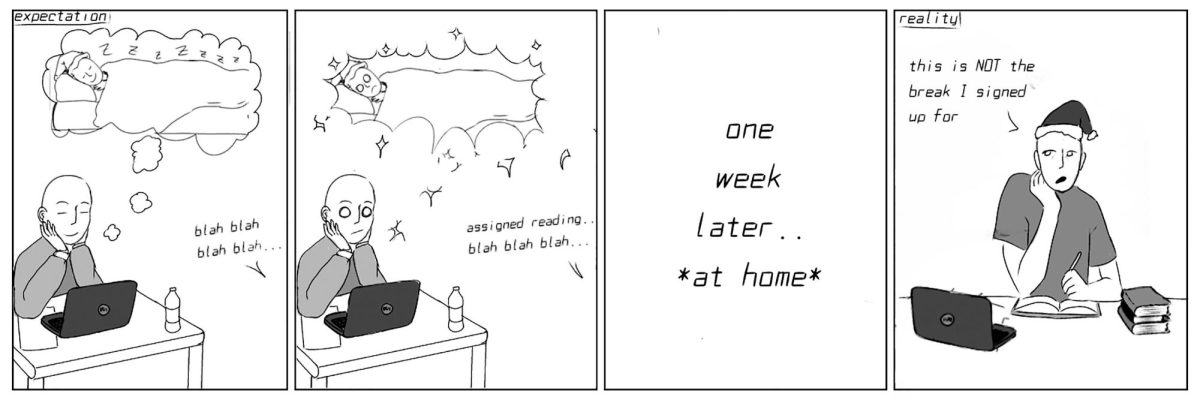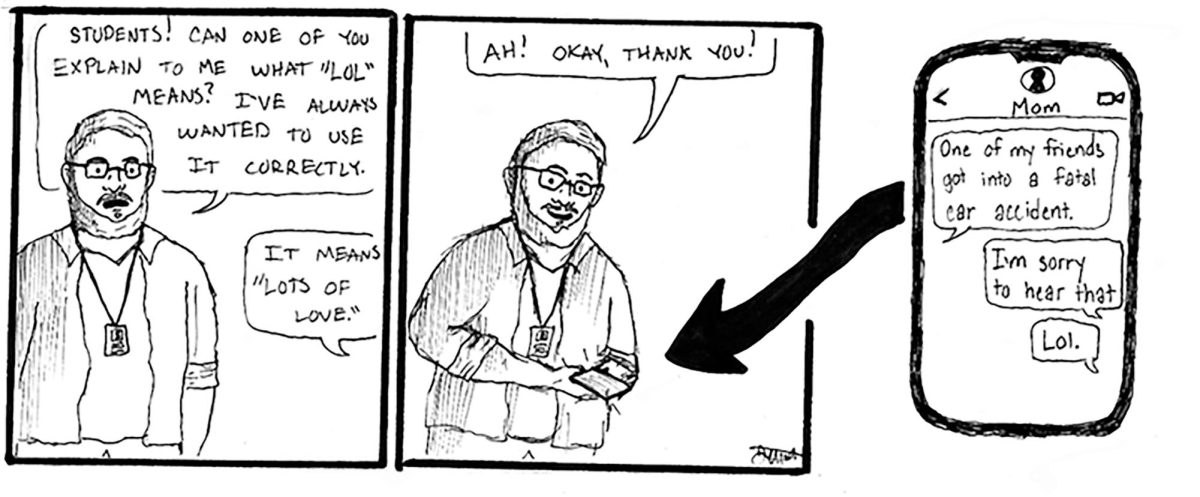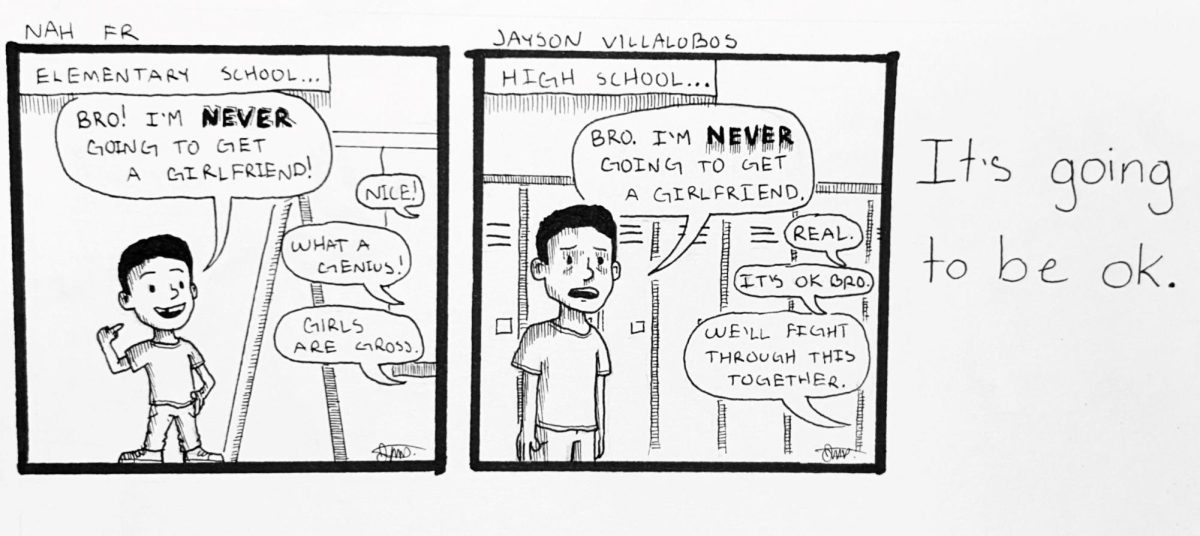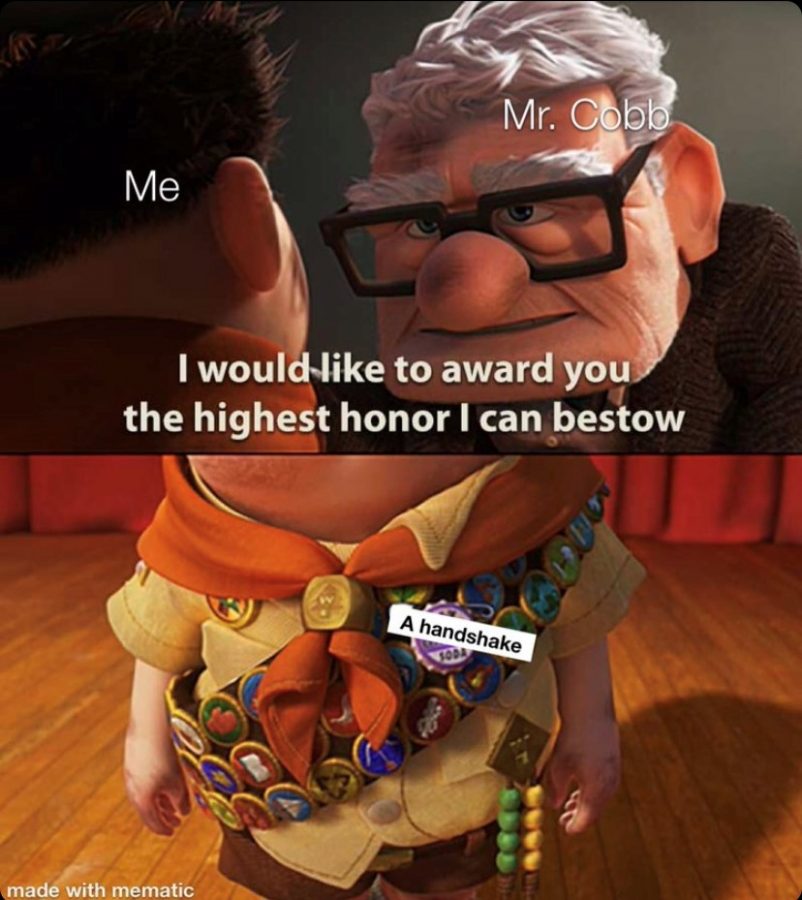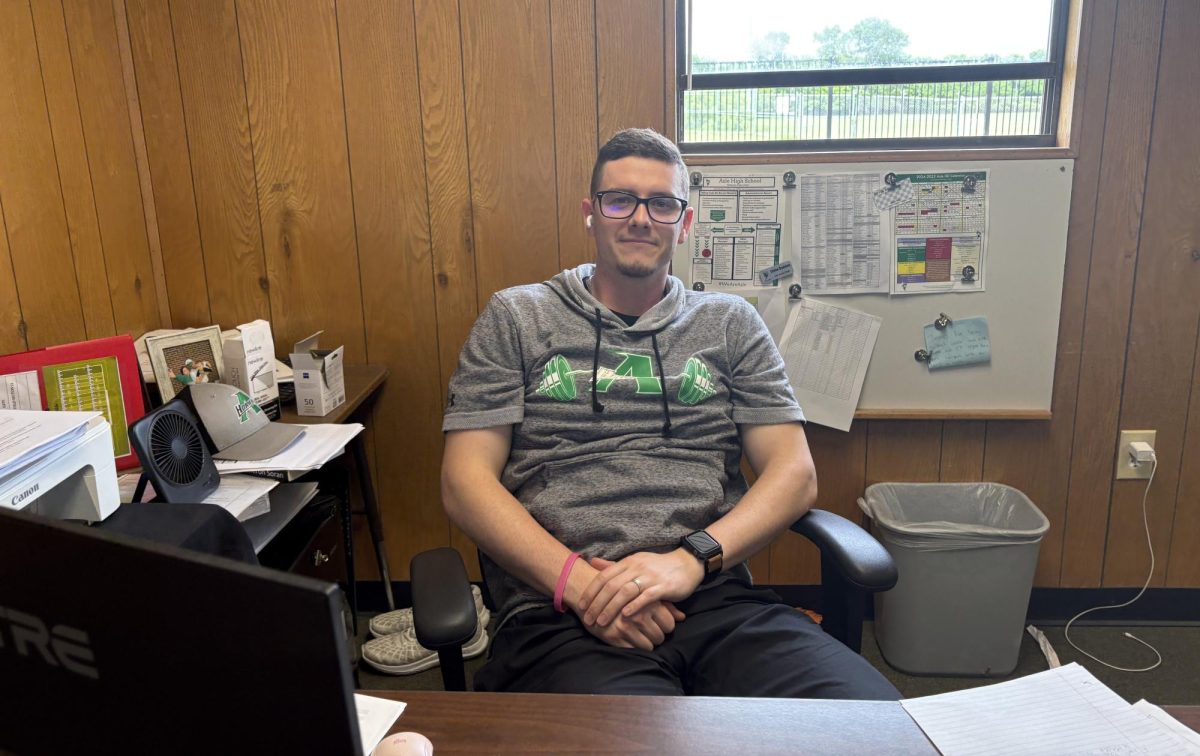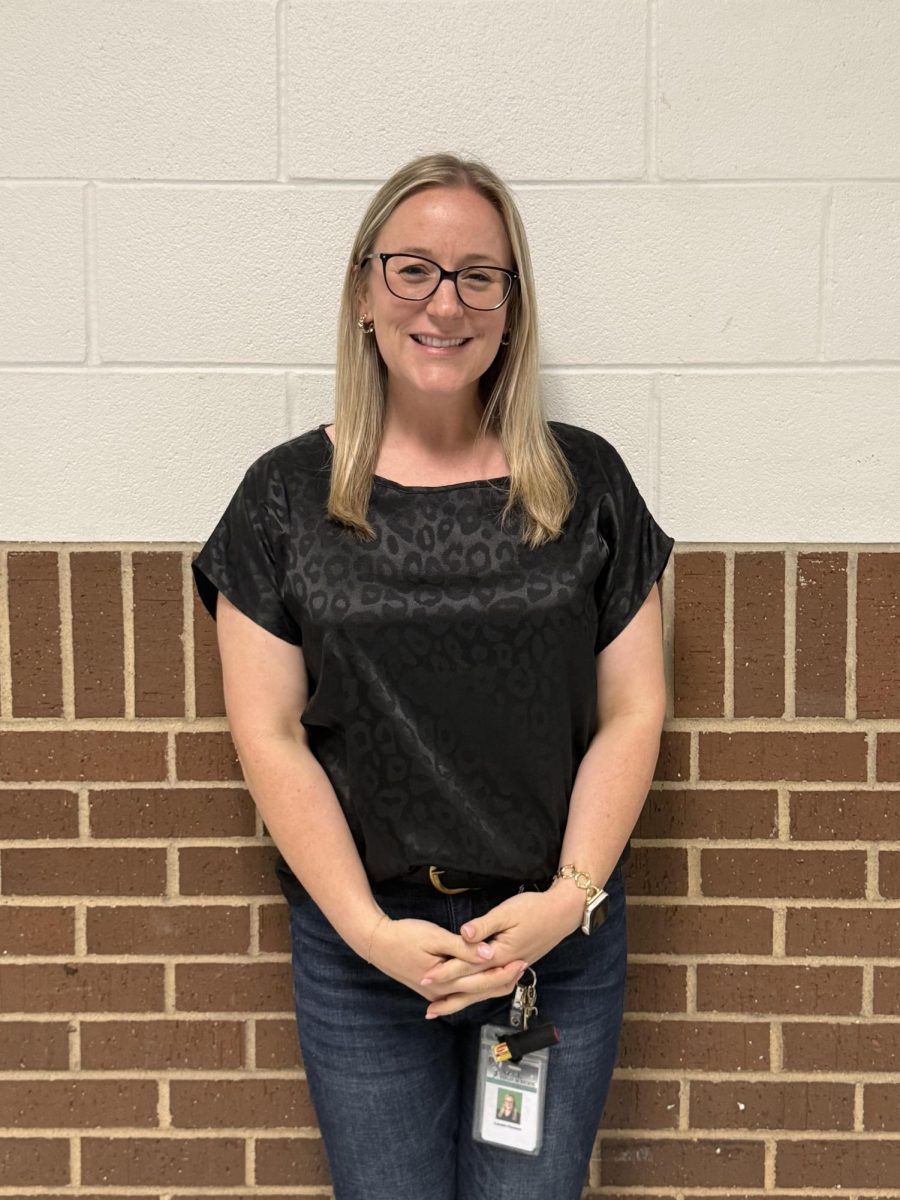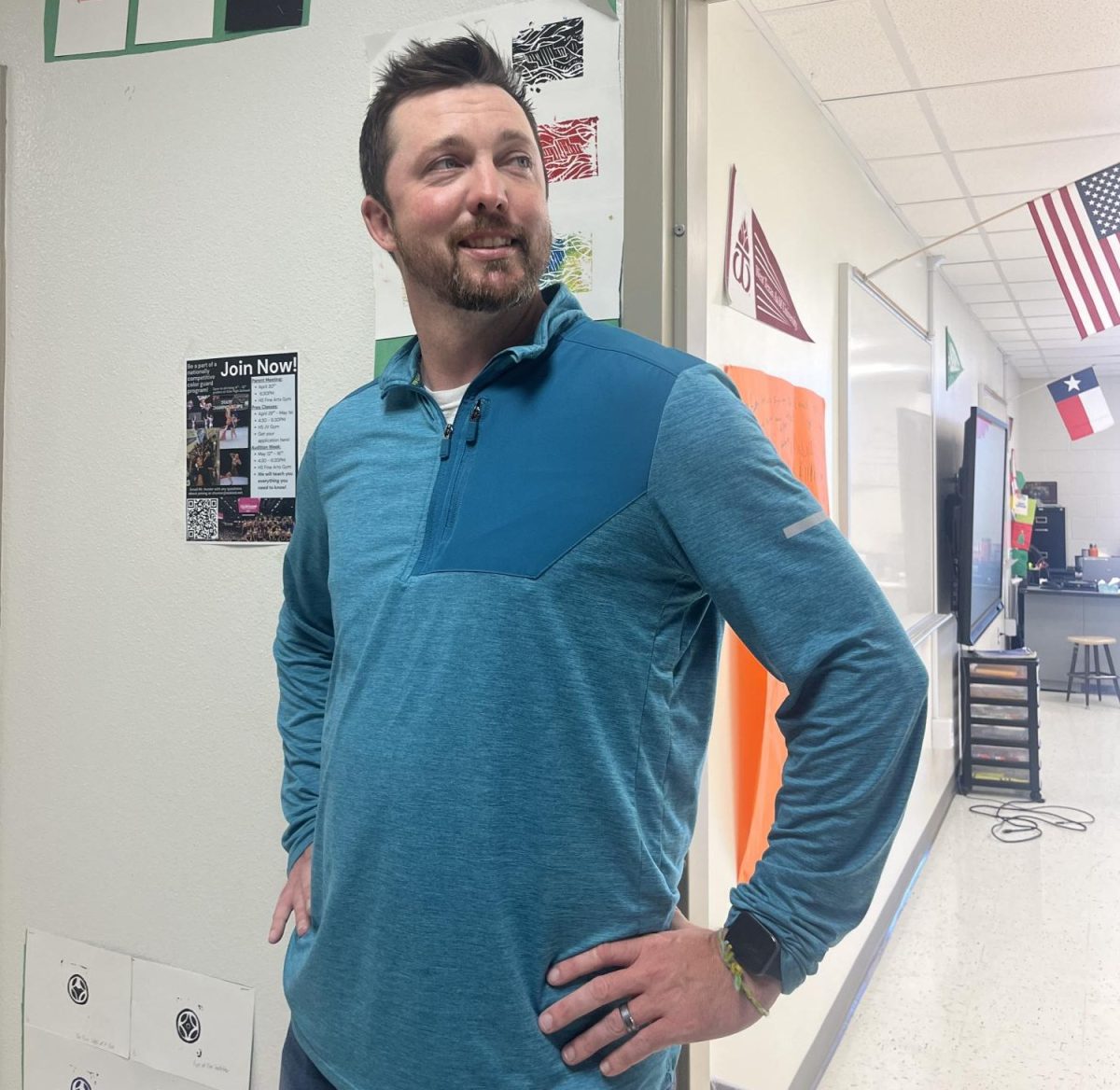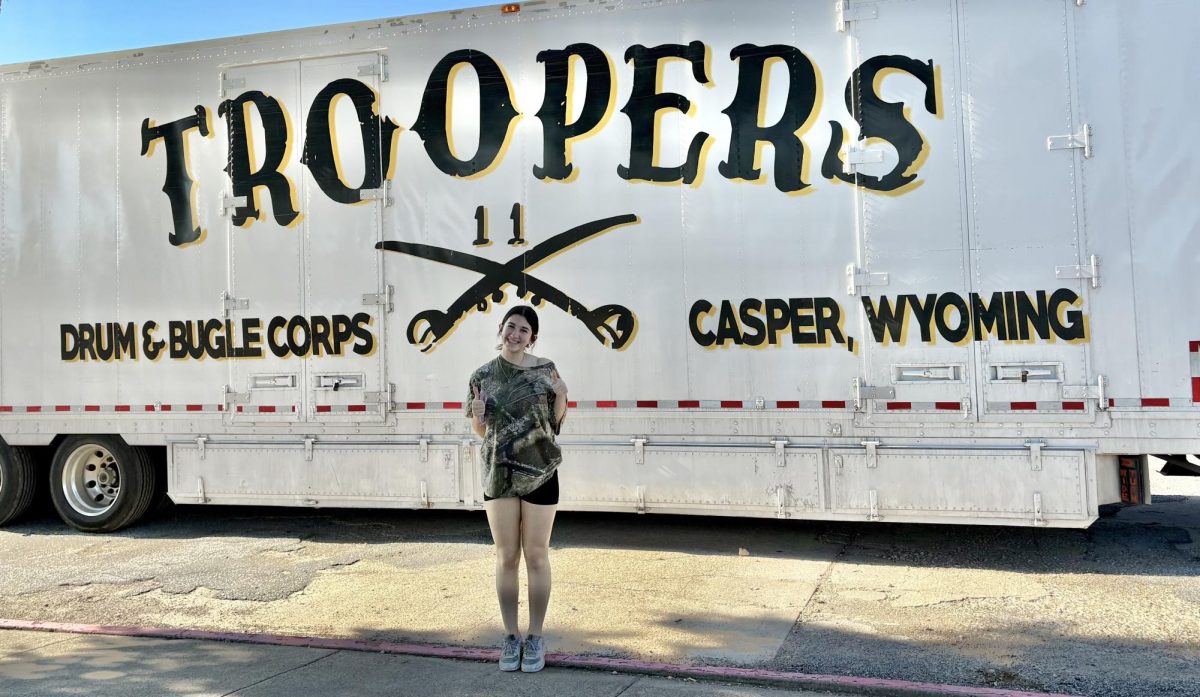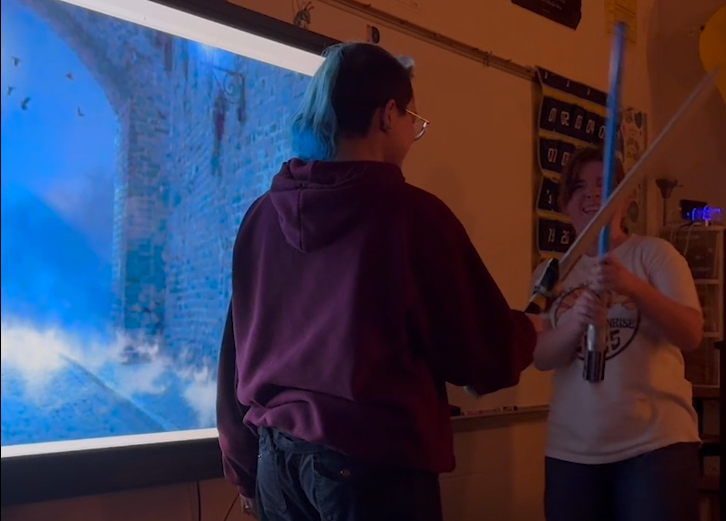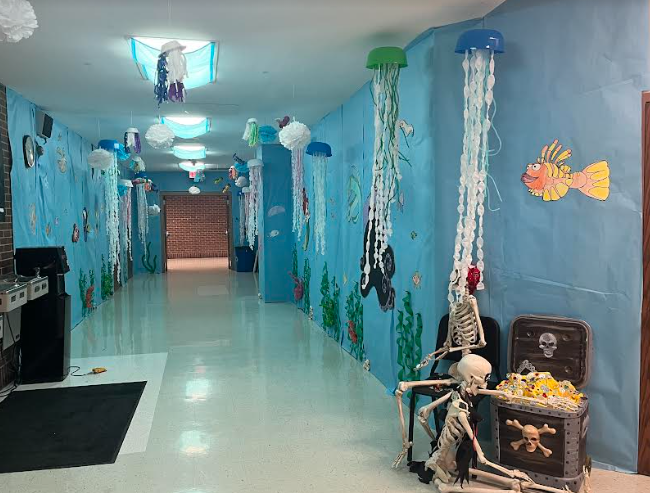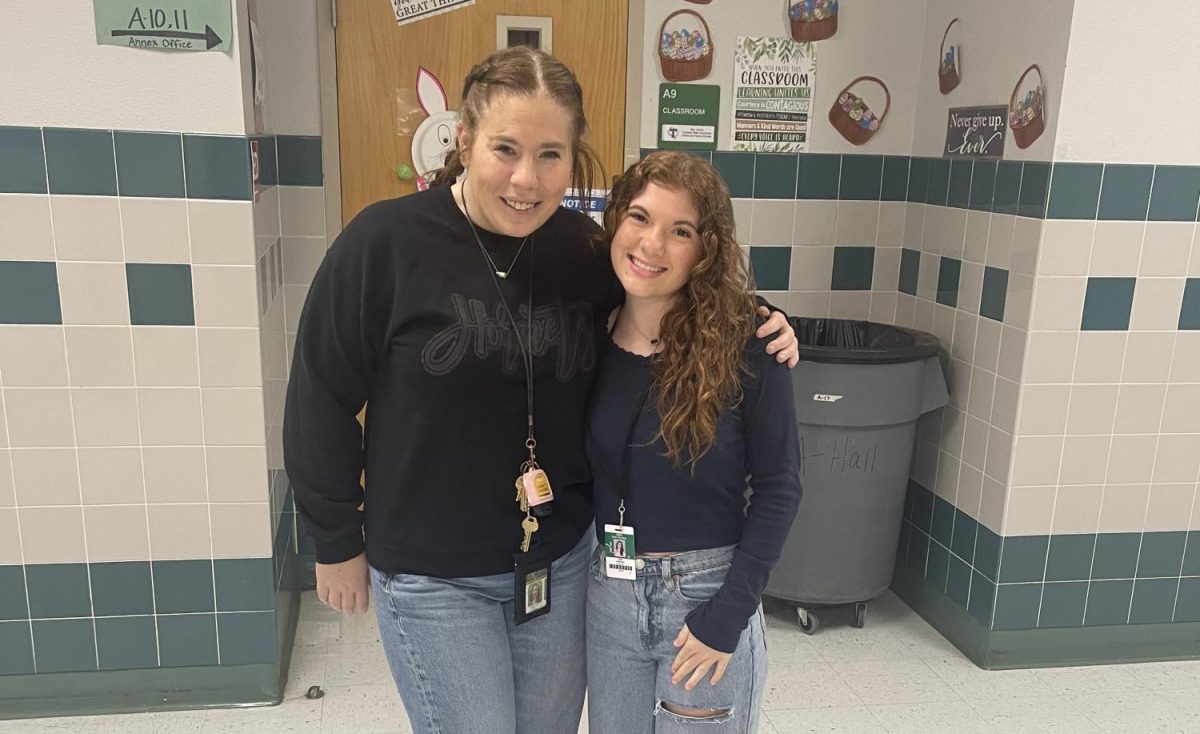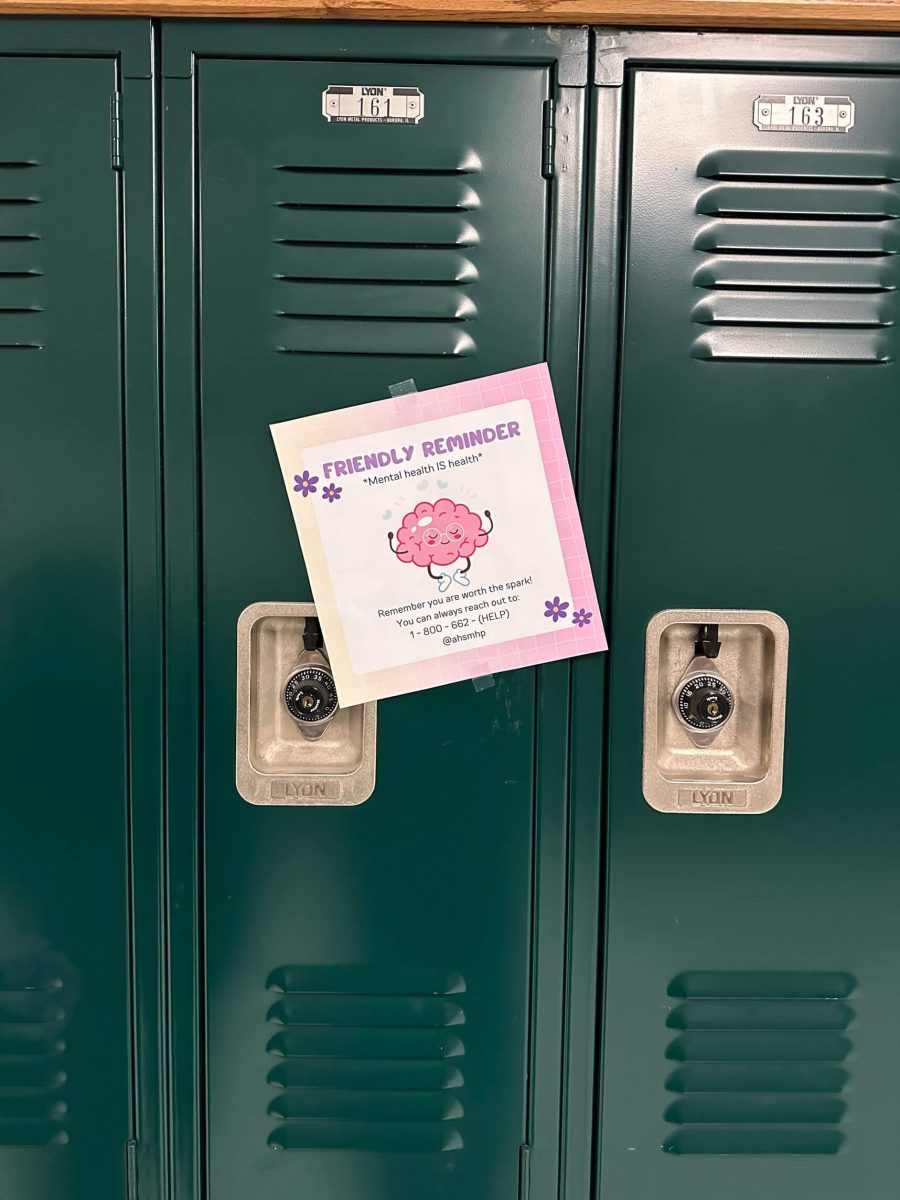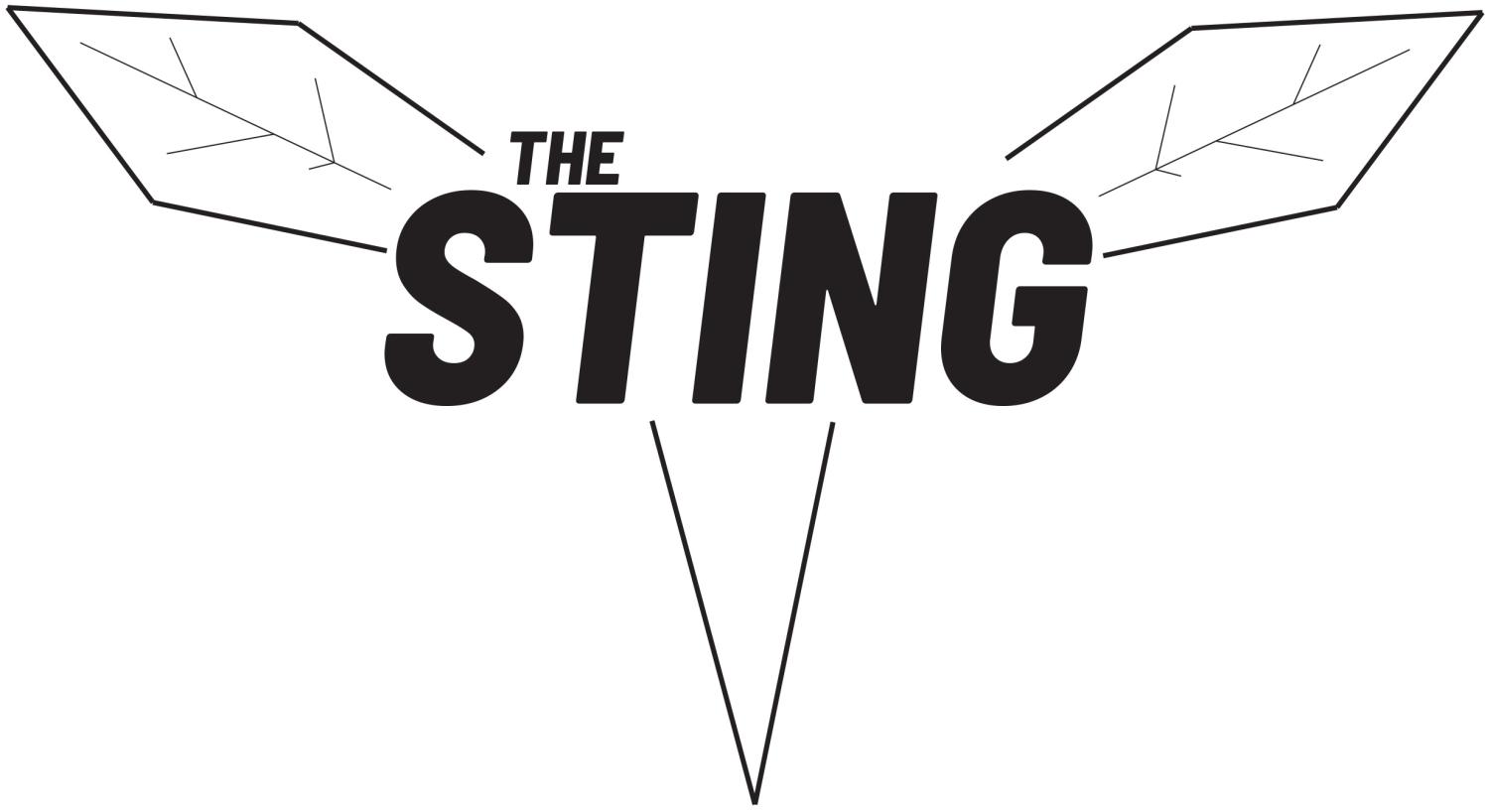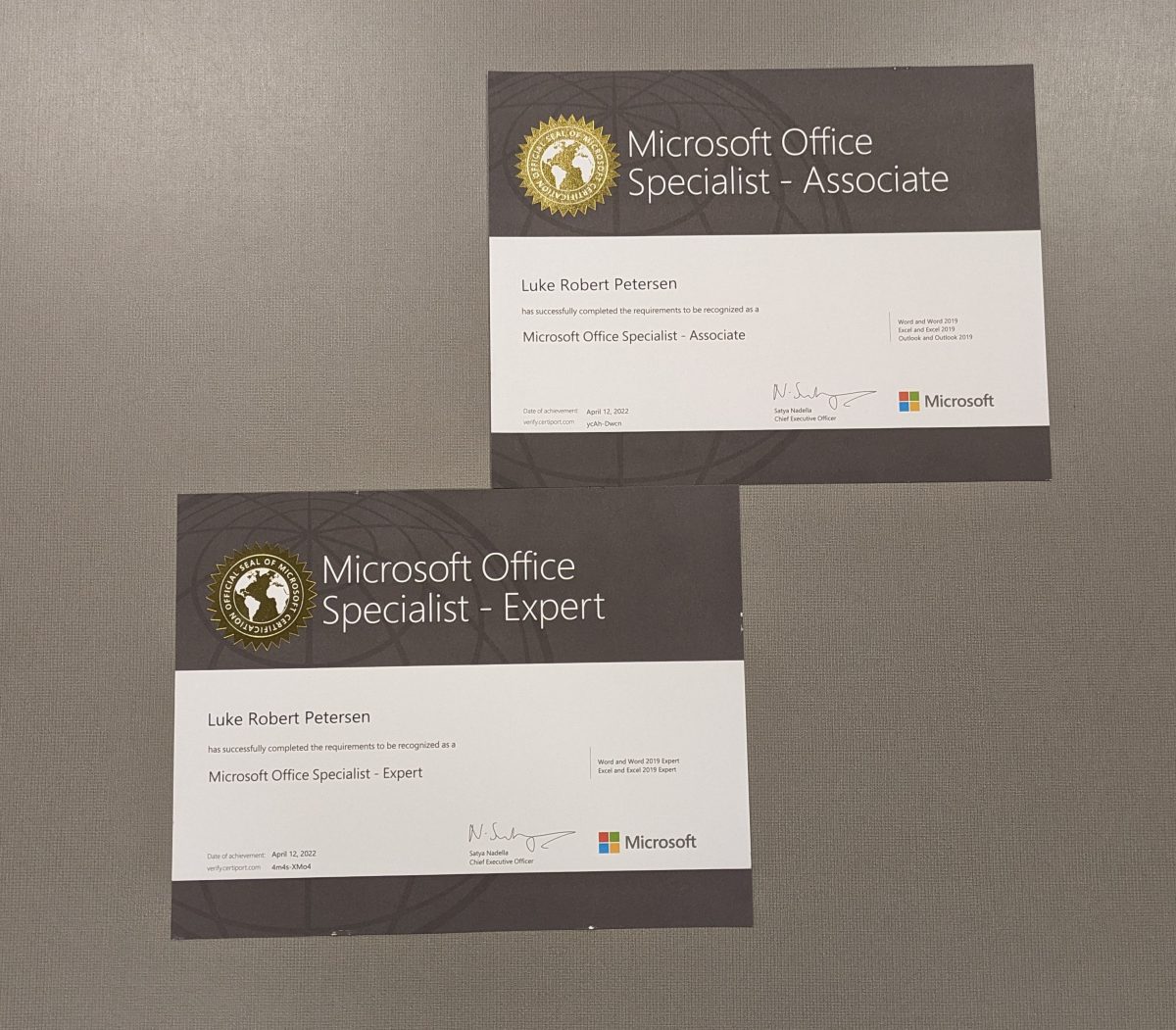Course selection has come again. Some students know what profession they want to pursue but are still determining what classes to sign up for that will help them career-wise while others have yet to come up with a general idea of a field they want to pursue.
For students who want to take classes that can help them get closer to their ideal line of work, certifications are a good thing to look into when selecting which classes to take.
Certifications are a highly beneficial bonus of CTE courses that allow students to learn new skills or sharpen old ones and prove they’re proficient in the area to help students stand out when competing for a job within their desired field of work.
To help with the search for what classes to take depending on one’s desired field, the CTE department publishes a document each year called the AHS CTE Pathway Guide.
The CTE guide starts by listing the various career pathways that AHS provides and then the classes that can be taken under them along with any prerequisites needed. It also shows that with every subgenre of a career field, there are different certifications that one can take depending on the class they select.
Graphic design is an Arts, A/V Technology, and Communications class many students take if they want to work in the field of design to meet certain requirements of commercial or professional needs. In the course, students can be certified in Adobe Photoshop, Illustrator, and InDesign. These certifications help give students an edge in jobs such as web design, marketing, multimedia design and so much more. Graphic design also requires no prerequisite so any student can take that class.
Introduction to Culinary Arts is a Hospitality and Tourism course that students can take if they want to pursue a field that relates to preparing, managing or coordinating activities of a food department. Students can receive the ServSafe Manager certification.
The guide includes a smaller section near the end that uses students’ interests to help determine what career paths appear best for them. By checking off different activities that interest a student, the results show the probable career path that the student would be most interested in pursuing.
For students who want a more in-depth analysis of what careers may interest them and the general field, then the O*NET Interest Profiler would be highly recommended.
The profiler has 60 questions that the student answers, and they receive specific points for each interest area (Realistic, investigative, artistic, social, enterprising, and conventional). After answering the questions and getting the results the student chooses what required education level they want to complete. The Profiler will then show the student the various possible career options they can click on to get a deeper analysis of the skills, personality, knowledge and education needed for the specified career.
Course selection can be difficult if someone does not know what options they have. Hopefully, this will alleviate some of the stress of picking courses for next year.

